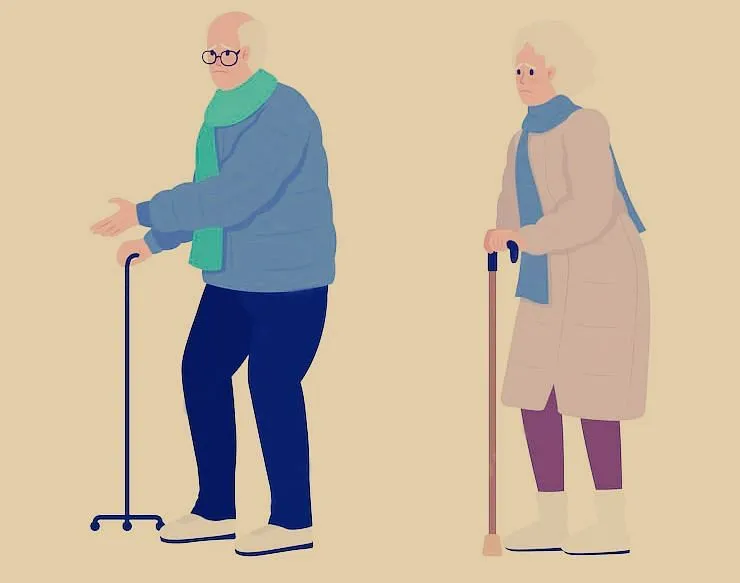International Day of the Older Persons is observed on October 1 every year to underline problems faced by elder persons and to promote the development of a society for all ages.
The United Nations General Assembly adopted a resolution on December 14, 1990, and designated October 1 as the International Day of Older Persons.
The day is celebrated to spread awareness about the importance of senior citizens in our society and to appreciate their contributions. Senior citizens carry a lot of responsibility on their shoulders as leaders of the society.
They also carry the traditions, culture of the society and pass on the knowledge to the younger generation. However, older people are also highly vulnerable, with many falling into poverty, facing health issues or discrimination.
They also sometimes face abuse, which has a detrimental impact on them. The day is also marked to put focus on the world’s responsibilities towards older people to make their lives happier.
According to the United Nations, the population of persons aged 60 years and above will grow from 962 million to 1.4 billion, a growth of 46% globally, between 2017 and 2030. Currently, their population is 600 million, according to the World Health Organisation (WHO).
It is poised to double by 2025 and touch 2 billion by 2050. Their population will outnumber the youth as well as children under the age of 10.
The growth in the population of the elderly will be most rapid in the developing economies. Population ageing will be the most significant social transformation of the 21st century, according to the UN.
Due to advancement in medicines and other technologies, the life expectancy has risen sharply over the last few years. Improvement in education, economics, sanitation, medical science, and health care has also contributed immensely to the increase in life expectancy.
Elderly in India
According to Census 2011, India has 104 million older people (60+years), constituting 8.6% of total population. Amongst the elderly (60+), females outnumber males.
Increase in longevity and decline of joint family and breakdown in social fabric pushes seniors into loneliness and neglect. A heathy life, with physical activity, good diet, avoiding tobacco, alcohol recommended. Positive attitude and mental wellbeing promotes quality of life in advancing years.
The Government of India runs various schemes and provides preventive, rehabilitative services to the people who are above the age of 60. Government of India’s National Policy on Older Persons 1999, Maintenance and Welfare of Parents and Senior Citizens Act, 2007 and National Policy for Senior Citizens 2011, provide the legal framework for supporting the needs of seniors. The National Programme for Health Care of Elderly and Health and Wellness Centres under the Ayushman Bharat programme provide dedicated healthcare to elderly at primary health care settings.
Geriatric care in Kashmir:
In light of the above, J&K administration introduced several landmark initiatives. Hon’ble LG Manoj Sinha virtually inaugurated the 10-bedded Geriatric Ward for each district hospital. Director Health Services Kashmir, Dr Mushtaq Ahmad Rather constituted a team of Geriatric specialists to promote the healthcare of the elderly. As a part of the initiative, Geriatric OPDs are functional at all the District Hospitals, geriatric health camps and home visits of the bed-bound elderly population have been carried out at far flung areas.
Dr Murassa Shamshad, Geriatric Specialist, DHSK
Disclaimer: The views and opinions expressed in this article are the personal opinions of the author.
The facts, analysis, assumptions and perspective appearing in the article do not reflect the views of GK.






